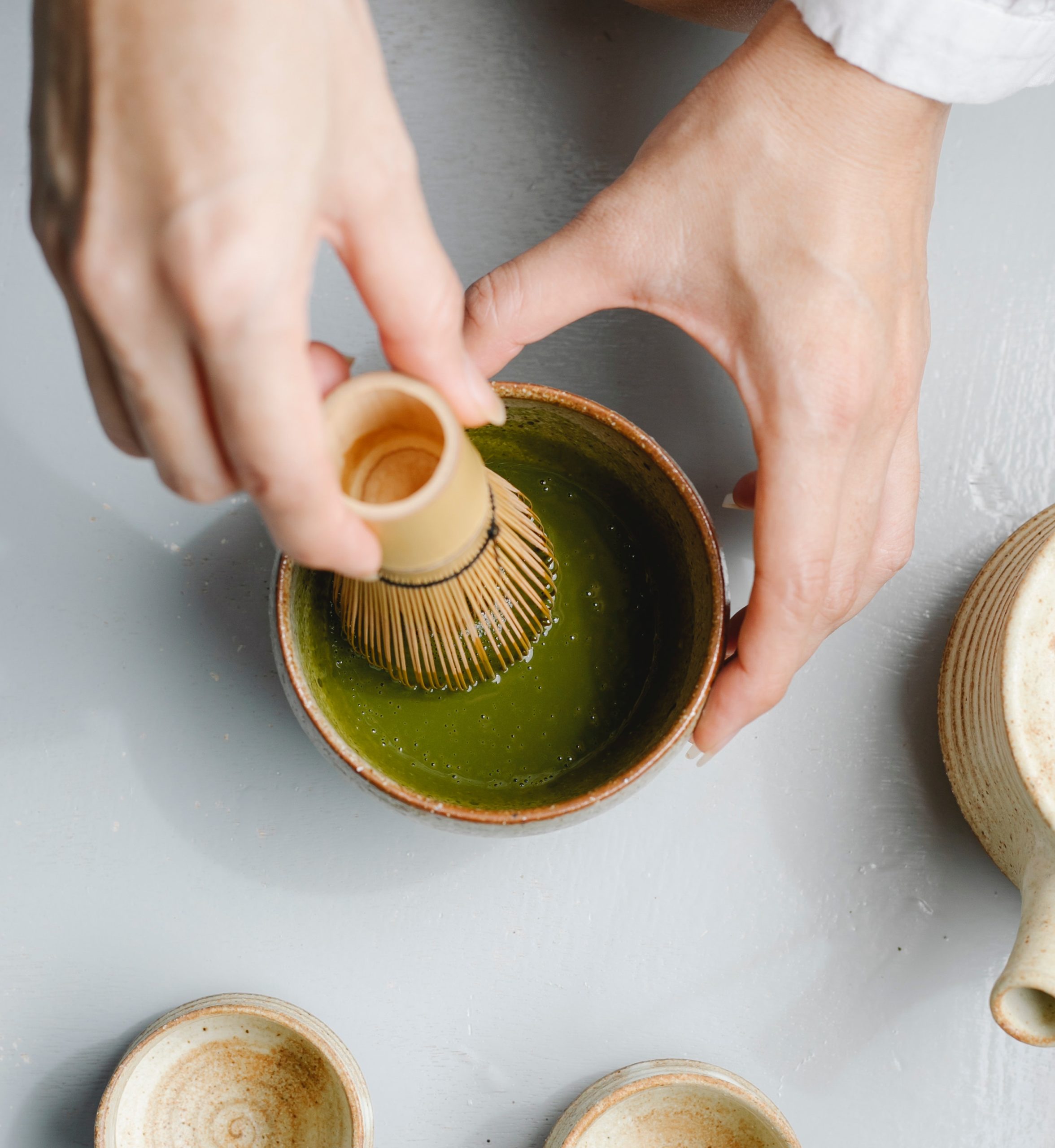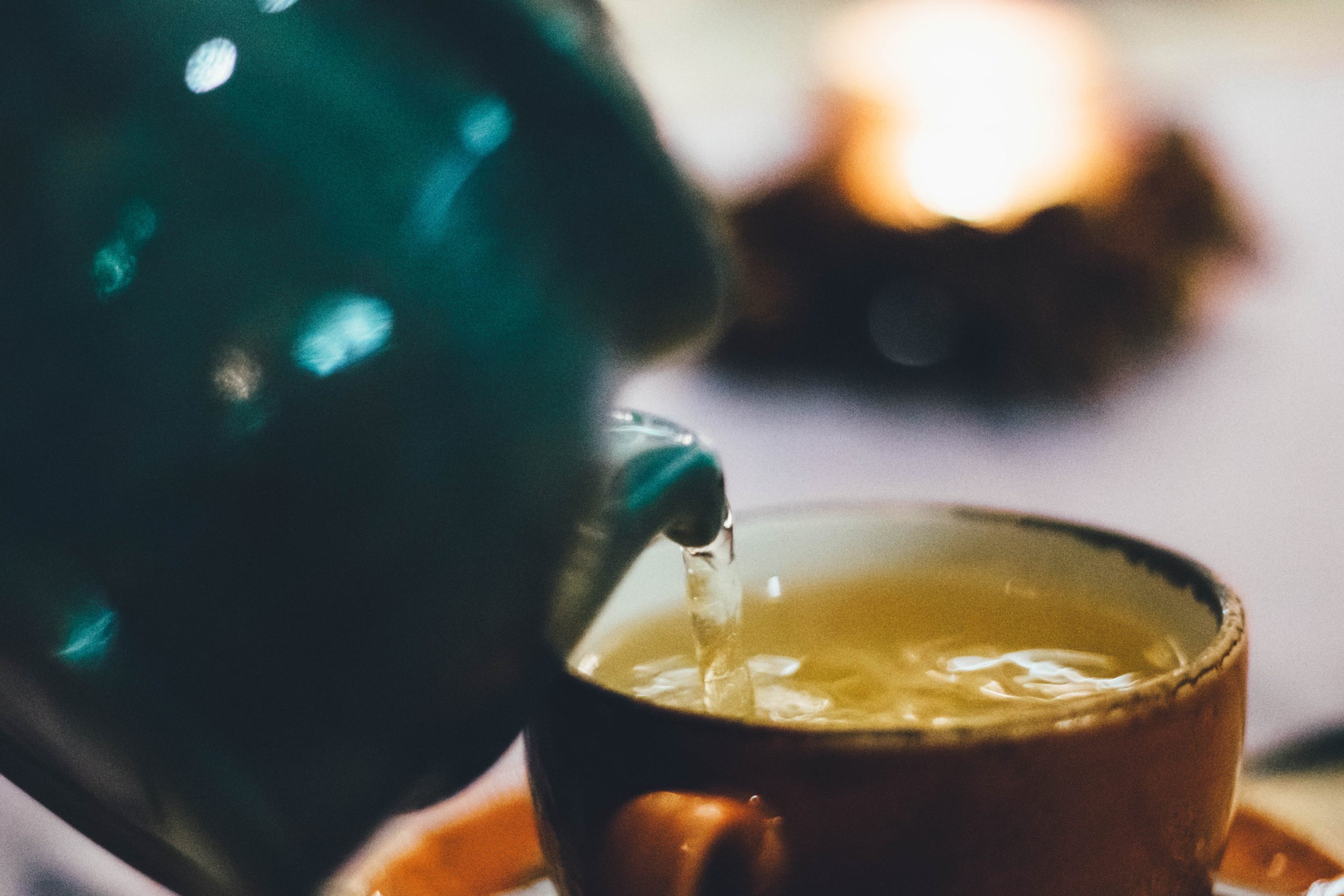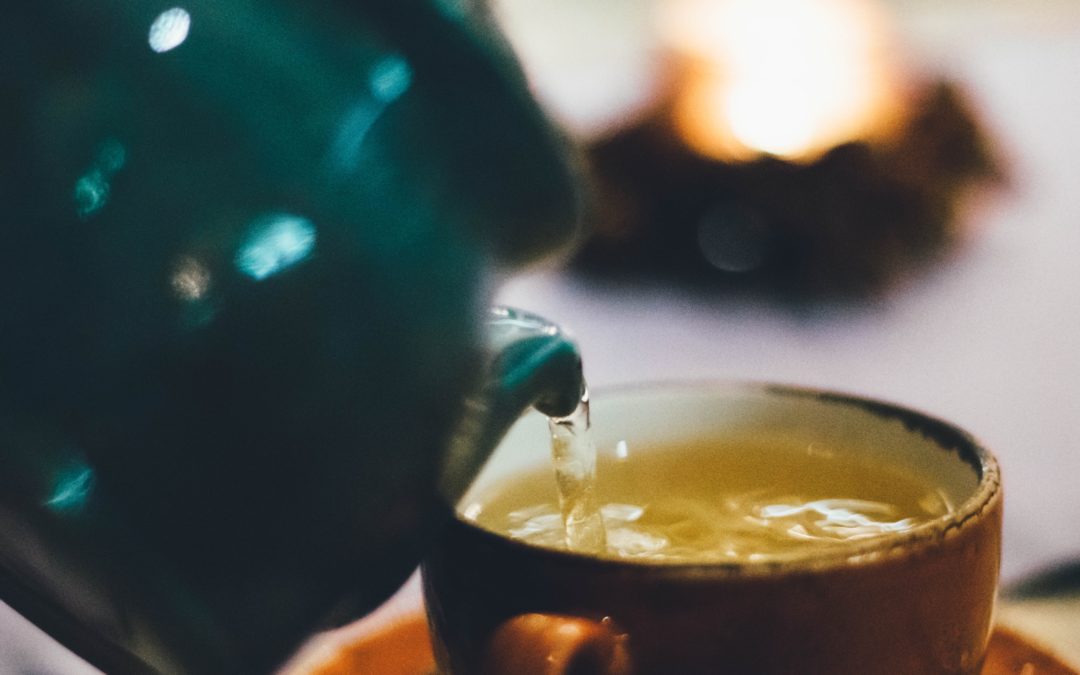
Whatever the season, tea is one of the most popular beverages for people all over the world. From China, the country that introduced tea to the world, the auspicious tea ceremonies in Japan, dainty afternoon tea times in Great Britain, to the refreshingly spicy chai and gossip culture in India.
No wonder tea has evolved from a mere beverage to becoming a global culture. If you love tea and are a regular drinker, you’re in luck.
Drinking tea is known to offer a host of health benefits, the most popular of which is its being rich in antioxidants. Tea leaves contain phytochemicals called polyphenols, which play a role in preventing or delaying cell damage, and in protecting cells from cancer-causing substances.
But this is just one among its many benefits. Read on to find why tea is considered an elixir to a longer, healthier life.

But drinking inane amounts of coffee causes unpleasant palpitations and nervousness. Compared to coffee, tea has less caffeine, so you can consume it without those pesky effects on your nervous system.
Tea has become a popular alternative to those who find coffee too strong for their pick-me-upper needs.
In a study published last year in the European Journal of Preventive Cardiology, researchers found that drinking tea three or more times a week can lead to improved cardiovascular health and a longer lifespan.
Habitual tea drinkers were found to be 20 percent less likely to develop heart disease and stroke, 22 percent less likely to die from heart disease and stroke, and 15 percent less likely to die of other causes.
As one of the body’s most essential organs, the heart needs a lot of tender loving care, and drinking tea is a natural and affordable way to do just that.

Books and tea go well together. If books can make your smarter, tea, studies show, can enhance your memory.
In a 2019 study done by the University of Singapore among senior citizens, they found that individuals who consumed either black, green, or oolong tea at least four times a week, for 25 years, had brain regions that were interconnected in a more efficient way.
They likened the interconnections to a road or a highway where vehicles are moving smoothly. Because the interconnections in the brain regions were assembled more effectively, information processing in the brain is more efficient.
This means better brain memory, and a protection against neurological diseases that usually come during old age, such as Alzheimer’s disease.
In a 2013 research review published in the Diabetes and Metabolism Journal, they found that people who drank 6 or more cups of green tea a day were 33 percent less likely to develop type 2 diabetes than people who drank less than a cup per week.
Teas such as green, black and oolong tea contain polyphenols, which “help reduce oxidative stress and cause vasodilation (widening of the arteries), which decreases blood pressure, prevents clotting, and reduces cholesterol,” says Suzanne Steinbaum, director of women’s heart health at Lenox Hill Hospital in New York City.
Through a complex biochemical reaction, tea helps regulate glucose in the body, helping to prevent or control diabetes. And that’s not all, the biochemical reactions cause another benefit that health-conscious people would love, especially those who are trying to maintain a healthy body weight.

But if nothing else, tea is very hydrating, despite the caffeine, and is definitely a healthier choice than a soft drink or other sugary drinks.
This is especially true for herbal teas, such as ginger and peppermint tea. Studies have shown these herbal teas can help relax gastrointestinal issues, and peppermint oil is effective in curing irritable bowel syndrome.
The next time you eat a heavy meal in a restaurant, go ahead and order that nice cup of tea for your tummy.
Tea is the second most popular beverage in the world, second to water, and here’s another good reason why.
Researchers have discovered that tea contains compounds called catechins that relax the smooth muscle that lines blood vessels, leading to lower blood pressure.
In a study conducted in China among regular tea drinkers, they found that men and women who drank tea on a daily basis for at least a year were much less likely to develop hypertension than those who didn’t, and the more tea they drank, the bigger the benefits.
Chock-full of benefits, tea is undeniably one of the healthiest drinks in the world. Not only that, the ritual of drinking tea is associated with better mental health, as it provides busy people a welcome break, or a “me time”, where they can take things slow, savor the brew, or even, to socialize for some chitchat with family and friends.
It is more than a drink, but also a culture, a social event, and most importantly, a health-promoting lifestyle behavior.
Tags
References:
https://www.everydayhealth.com/type-2-diabetes/diet/drinking-tea-diabetes-prevention/
https://www.everydayhealth.com/diet-nutrition/diet/best-teas-your-health/
https://www.realbuzz.com/articles-interests/nutrition/article/the-health-benefits-of-drinking-tea/
https://healthland.time.com/2012/09/04/13-reasons-to-love-tea/
https://senchateabar.com/blogs/blog/benefits-of-drinking-tea



0 Comments